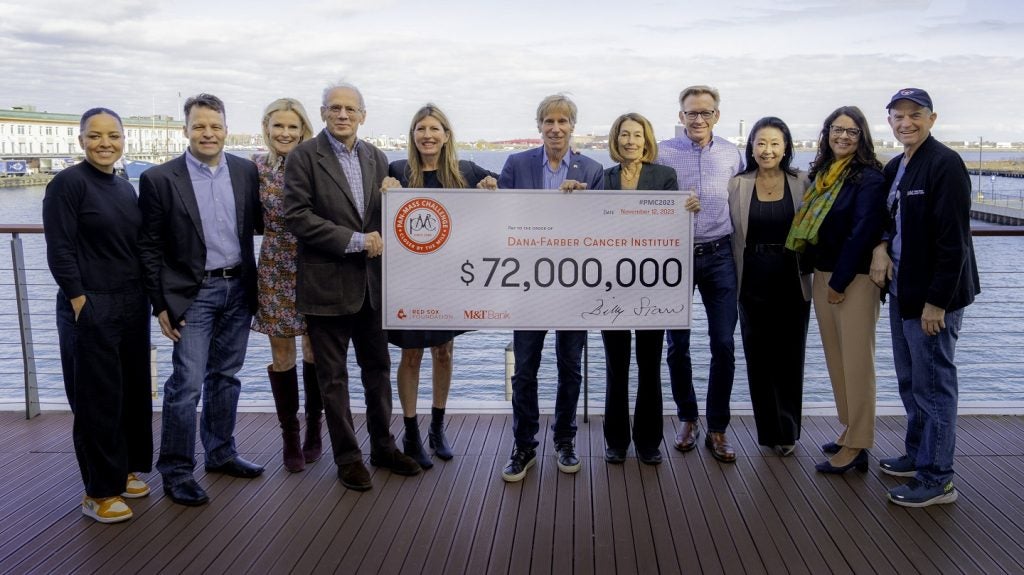The consultant count in Ireland having signed the new Public-Only Sláintecare Contract has passed the 1,000 mark, stated Ireland Minister for Health Stephen Donnelly.
This represents more than 25% of consultants in the health service.
Among the signatories are 241 new entrant consultants and 815 consultants who switched from their previous contracts.
The contract aims to increase the presence of senior clinical decision-makers by extending their working hours, potentially from 8 am to 10 pm Monday to Friday and 8 am to 6 pm on Saturdays.
This extended presence is expected to lead to reduced emergency admissions, quicker decision-making, shorter hospital stays, improved patient flow, and better outcomes.
The contract, launched in March, offers a basic pay ranging from €217,325 ($231,908.59) to €261,051 ($278568.83) on a six-point scale, a 37-hour workweek.
Besides, there is additional remuneration for on-call duties and overtime, support for medical education, training and research, and increased flexibility for consultants in terms of work arrangements.
The Health Service Executive (HSE) is currently processing hundreds of more applicants for the contract.
Donnelly said: “There has been a significant increase in the number of consultants who are employed across our health service, with a large increase occurring during the last four years.
“There are 3,928 consultants working across our public health service, with 3,487 of these in permanent posts.
“In 2019, there were 2,592 permanently filled posts.
“This means there has been a 34% increase in the number of permanently employed consultants working across our public health service, which is very positive.”















